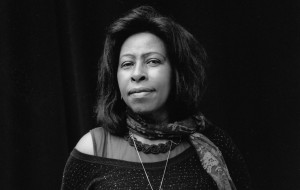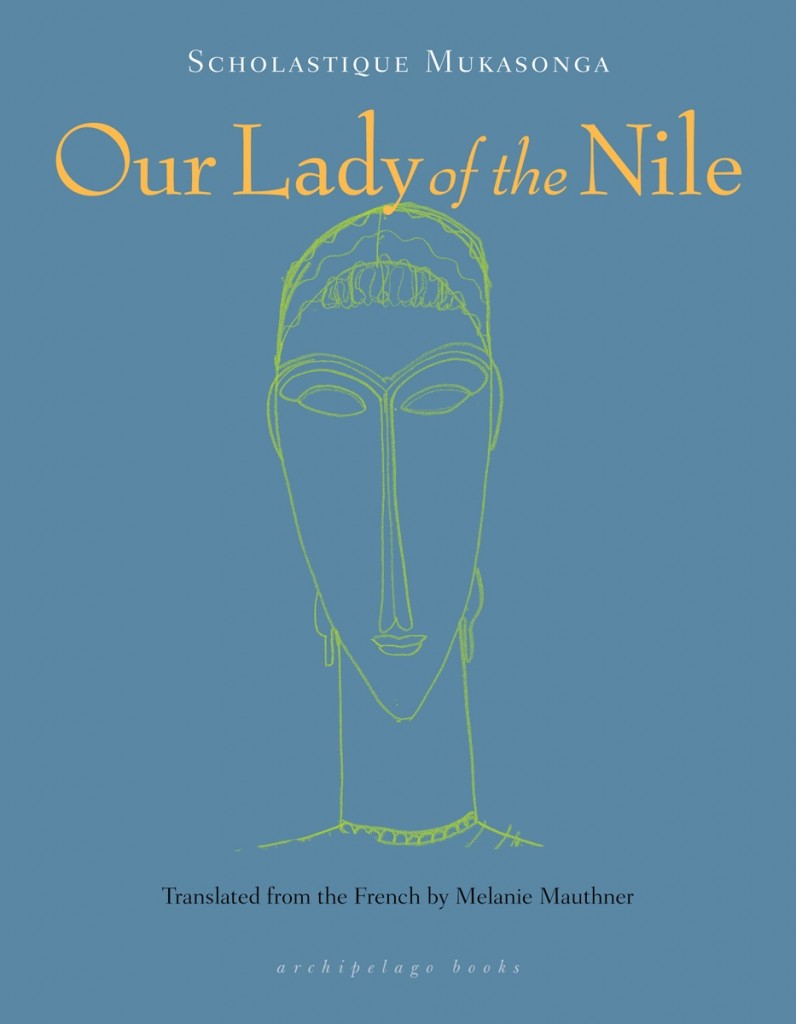The Brazilian translations of Scholastique Mukasonga‘s Barefoot Woman (forthcoming English translation by Jordan Stump) and Our Lady of the Nile were ranked among the top five bestselling books at FLIP 2017, the literary festival of Paraty, Rio de Janeiro, Brazil. FLIP 2017 took place from July 26th-27th, and showcased writers such as Conceição Evaristo, Scholastique Mukasonga, and Ana Maria Gonçalves.
Read more about women in translation at the festival here.
Scholastique Mukasonga’s Cockroaches, translated by Jordan Stump, was also just named a finalist for the 2017 PEN Center USA Literary Award for Translation. Take a look at all of the finalists here.



